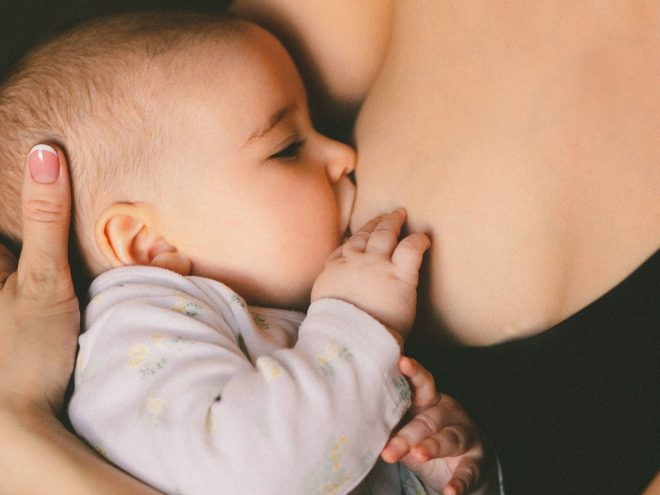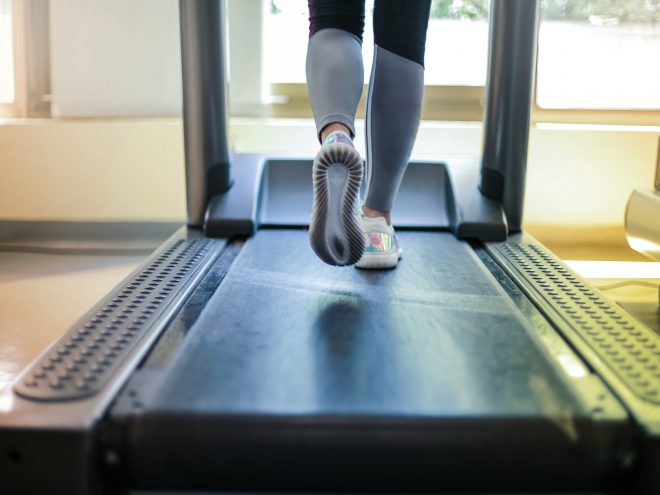Whether you’re about to reach your due date and meet your new baby or you just gave birth, your postpartum timeline is on your mind. You’ve likely read all about your pregnancy journey and received tips from loved ones to make it easier. Now you’re nervous about what you’ll experience once your baby is finally in your arms.
Check out what you can expect from your postpartum experience. You’ll learn what’s normal, what’s temporary, and what may be a sign that you should schedule a quick chat with your doctor.
How Long is the Postpartum Period?
Many doctors and patients call the postpartum period your fourth trimester. Your body will continue to change as you adjust to no longer being pregnant. Most people require six weeks of healing to get through their postpartum experience, but sometimes the changes can last up to six months or longer. It depends on what symptoms affect you and how closely you work with your doctor.
Does Your Birthing Method Affect It?
You’ll either give birth naturally or with a c-section. Both methods have an average postpartum period of six weeks, but that can change depending on the severity of your birthing experience.
Someone who experiences tears, stitching, or hemorrhoids during a vaginal birth may need longer than six weeks to recover. Anyone healing from a c-section could also require a few more weeks of rest if their incision site becomes infected.
Physical Symptoms You Might Experience
The physical changes of pregnancy don’t stop once you give birth. You’ll also have to contend with these potential symptoms until your body has completely recovered.
Perineum and Vaginal Soreness
The perineum area stretches from your vagina to your anus, which can remain sore after your baby arrives. This is natural, but always call your doctor to discuss your pain if something seems strange or disrupts your lifestyle long after their recommended healing period.
Bleeding and Discharge
Your uterus had to expand as your baby grew, which required additional tissue and blood. It can take six weeks for your body to shed the extra tissue while your uterus shrinks back to its standard size.
Postpartum Contractions
Sometimes a person may experience after-birth contractions as their uterus shrinks. It’s the body’s way of signaling that your healing is on track. You may experience more of these contractions than other mothers you know if you choose to breastfeed since breastfeeding triggers additional oxytocin production that causes contractions.
Fluctuating Exhaustion
You’ll likely feel physically and mentally exhausted during your postpartum timeline, even if your baby sleeps through the night. Healing requires additional energy, so find a pacifier your baby enjoys and take naps together while you’re recovering.
Cracked or Sore Nipples
Newborns need to eat every few hours, so they’ll latch onto your nipples multiple times every day if you breastfeed. It can result in increased soreness or cracking. These are normal parts of the breastfeeding experience, but don’t hesitate to call your doctor if something seems wrong. The pain can also signal that a milk duct clogged or that you have an infection.
Ongoing Constipation
Constipation often surprises new mothers. It’s common if you needed pain-relieving medications at the hospital, but it can also happen from the fear of ripping vaginal stitches too soon after arriving home. High fiber foods and stool softeners are easy ways to ensure bowel movement.
Continued Water Retention
Swelling is part of pregnancy, so you might think it will disappear a few days after giving birth. Instead, your body will likely continue holding onto water because your progesterone levels remain high.
It can result in physical discomfort or anxiety, especially if you need to return to work while breastfeeding right after arriving home. Work with your doctor to strategize natural water retention solutions for your specific postpartum needs.
Emotional Symptoms You Might Experience
The hormonal shifts in your body after delivering your baby will also cause some emotional changes. If you experience any of these symptoms, know that they’re the result of your body recovering.
Potential Postpartum Depression
The Centers for Disease Control and Prevention (CDC) estimates that one in eight people experience postpartum depression after delivering a baby, but it can also increase to one in five people. You might be more at risk for this condition if you had depression before getting pregnant.
Feelings of hopelessness or guilt might invade the first few weeks at home with your baby. You could lose interest in your hobbies, have difficulty concentrating, or even experience suicidal thoughts. Don’t hesitate to talk with your doctor if these symptoms appear. They’ll connect you with helpful treatment strategies or recommend a therapist specializing in treating postpartum depression.
Decreased Sex Drive
You likely won’t want to have sex until your postpartum healing ends. Your body won’t be able to handle it, but you might not get your sex drive back even after your body heals. It can relate to the long-term shifting of your hormone levels, so it’s not due to anything you did wrong during your postpartum timeline.
Temporary Tension With Your Partner
Fluctuating hormones can result in newfound tension with your partner. Whether you live with them or not, moodiness and irritability can change how you interact with them. It may not be something you can recognize in the moment, which creates new arguments and tension.
Talk with your partner about how you’re feeling to keep that line of communication open. Although there may be nothing you can do but wait it out, letting them know where your head’s at and talking about it after the occasional argument occurs can do wonders for maintaining your connection through your healing process.
Tips to Stay Comfortable
Your doctor will help you set up a daily routine to maximize your comfort, but these are a few additional steps you can take to make your postpartum experience more pleasant.
Maintain Your C-Section Care Routine
If you have a c-section, your doctor will outline a helpful care routine to reduce your odds of developing an infection. It will include things like walking every day, washing the incision daily and never picking at the bandages or stitching. Make a daily checklist to ensure that you don’t forget parts of your routine while you’re resting and recovering.
Stay Actively Honest With Your Partner
Remember that your partner is there to help you. Let them know when your exhaustion flares up, if your moods swing, or if you need help with your care routine. Active honesty keeps you on the same page. This tip also works with any family and friends helping you in place of a partner.
Communicate With Your Doctor
Heading back to your primary care clinic is the last thing you want to do. Sleeping and resting sound much more preferable, so don’t forget that your doctor is a phone call away. They’ll answer questions big and small as you heal. Bringing up a potential concern could also prevent more significant problems from developing, like infections.
Prioritize Your Self-Care
Your baby will be the first thing on your mind every day, but new parents also have to include self-care in their new routines. Sitting in a hot bath with your baby in an automatic rocker next to the tub or listening to an audiobook while changing diapers are just a few ways to connect with yourself through self-care habits.
Plan Your Postpartum Timeline
Now that you know what to expect from your postpartum timeline, keep these tips in mind after delivering your child. You’ll stay comfortable, have a better experience, and potentially stop health complications in their tracks because you planned for every possibility.





